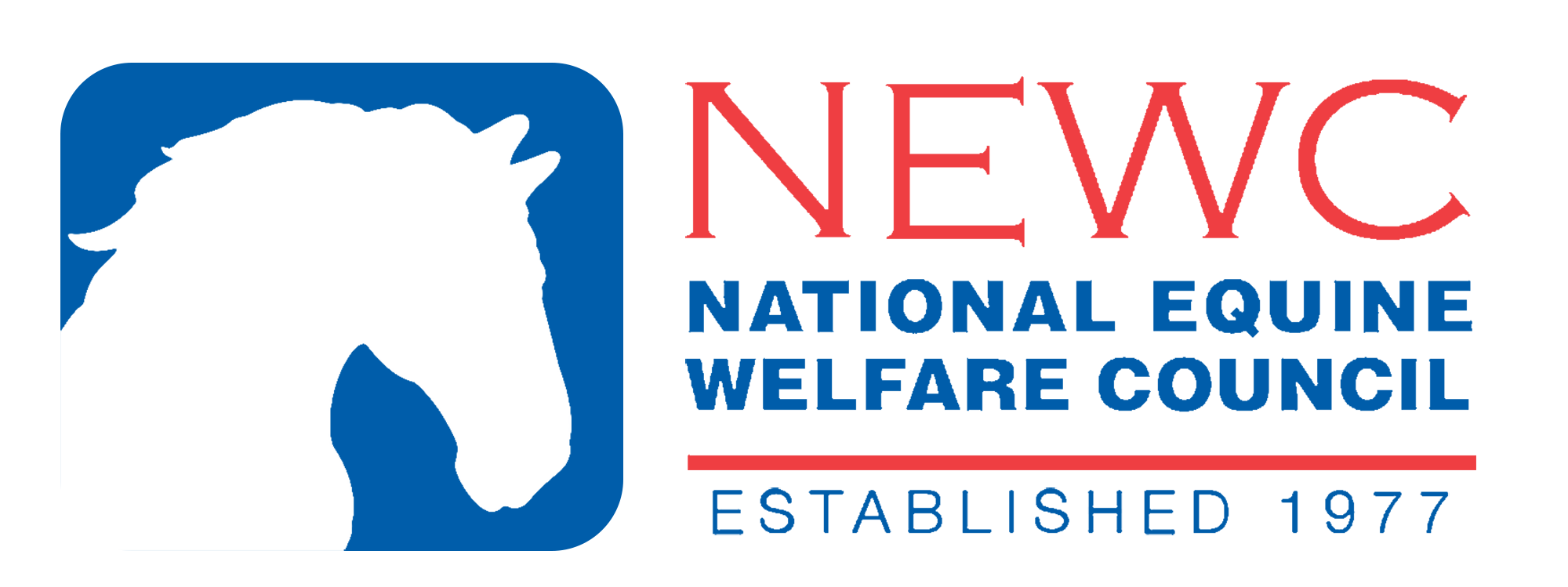

British Racing’s Horse Welfare Board has launched the first-ever thoroughbred census in Great Britain, in collaboration with research experts at Hartpury University.
All owners of former racehorses are being asked to submit a completed census between 28 June – 31 December 2023. The census will help build an improved thoroughbred data bank about former racehorses and the lives they go on to lead.
The project’s primary objective is to help improve the traceability of thoroughbreds after they have retired from racing. With improved data, British Racing and its aftercare charity, Retraining of Racehorses (RoR), can better support owners with access to educational resources and routes to compete if desired, as well as continue to build informed and helpful communities.
Improved data at this stage of a thoroughbred’s life can also help the Horse Welfare Board and RoR improve and adapt welfare initiatives and will, most importantly, enable fast and effective contact in the event of an equine disease outbreak.
The census will request information on each horse’s equine identification document (passport) number, microchip number, age, current residence, second career, and more to provide a robust view of the 2023 British retired racehorse population.
The six-month census has been launched in partnership with Retraining of Racehorses (RoR), British Racing’s official aftercare charity, funded by the Racing Foundation, and is supported by World Horse Welfare and Weatherbys General Stud Book.
Helena Flynn, Programme Director, Horse Welfare Board, said: “Improving the traceability of thoroughbreds after they retire from racing is a fundamental part of the Horse Welfare Board’s five-year welfare strategy. The launch of this census is a significant project to help increase the depth, quality, and volume of data about thoroughbreds at this important stage of their lives.
“Just as importantly, this campaign will help us talk about responsible ownership and the critical part every thoroughbred owner plays in ensuring their equine identification document (passport)is up to date. We are delighted to be working with Hartpury University on the census and hope that between us we can encourage as many owners as possible to participate.”
Jane Williams, Head of Research at Hartpury University, added: “We’re delighted to be part of this proactive initiative as Hartpury is committed to supporting the equine sector to improve the quality of life of the horses we all love. The census will present an opportunity to understand more about the lifetime care of thoroughbreds, generate evidence to safeguard against future disease outbreaks, and showcase the huge benefits thoroughbreds bring to so many people.”
The primary source of traceability for all horses in Great Britain is the equine identification document (passport), which new owners of any horse are required to update within 30 days of new ownership. During their racing careers, this information is meticulously maintained with the Weatherbys General Stud Book via breeders, owners, and trainers.
However, data for former racehorses reduces significantly when they go into private ownership after their first step out of racing, with general equine identification document (passport) compliance at an average of 20% across the equestrian world. The reasons for this are presumed to be a lack of understanding of the importance of this step, confusion on costs, the desire to hold on to the document after a horse has died and general apathy to engage in the process.
As a result, an additional objective of the census will be to communicate to private owners and encourage them to take action, to check their horse’s equine identification document (passport) and if needed, to get it updated. At the same time, owners of horses who were registered with a licenced British trainer in their past will be encouraged to register their horses for free with Retraining of Racehorses (RoR).
David Catlow, Managing Director, Retraining of Racehorses, added: “We are pleased to be teaming up with the Horse Welfare Board and Hartpury University to encourage owners of former racehorses to participate in the census survey. The ‘social licence’ for the use of horses in sport is under increasing scrutiny and what happens to former racehorses after they retire from racing is identified as a particular concern. This is a significant step towards ensuring thoroughbreds enjoy a healthy and caring existence during their lifetimes and will provide the racing industry with the relevant data to guide future decisions”.
RoR is a thriving community which provides thoroughbred owners with access to education, advice, and an established series of events to support the ongoing healthy, happy lives of former racehorses. By registering horses with RoR’s free membership option, owners can help racing to ensure future traceability through its annual check on their horse’s status.
Roly Owers OBE, CEO, World Horse Welfare, said: “This is an excellent initiative along the road of improving the traceability for all thoroughbreds. Full traceability lasts a lifetime as a horse bred for racing will always be a racehorse in the eyes of the public, and they rightly hold the industry responsible for them throughout their lives. There really is a collective responsibility to make this work towards the much-needed goal of full traceability, both for the sake of the horses and the reputation of the industry.”
The 2023 Thoroughbred Census can be completed online HERE, as well as at key equine events throughout the rest of the year, before closing on 31 December 2023. Completion of the census is not compulsory, but owners are strongly encouraged to join the community and participate. Full results will be reported during the first quarter of 2024.
